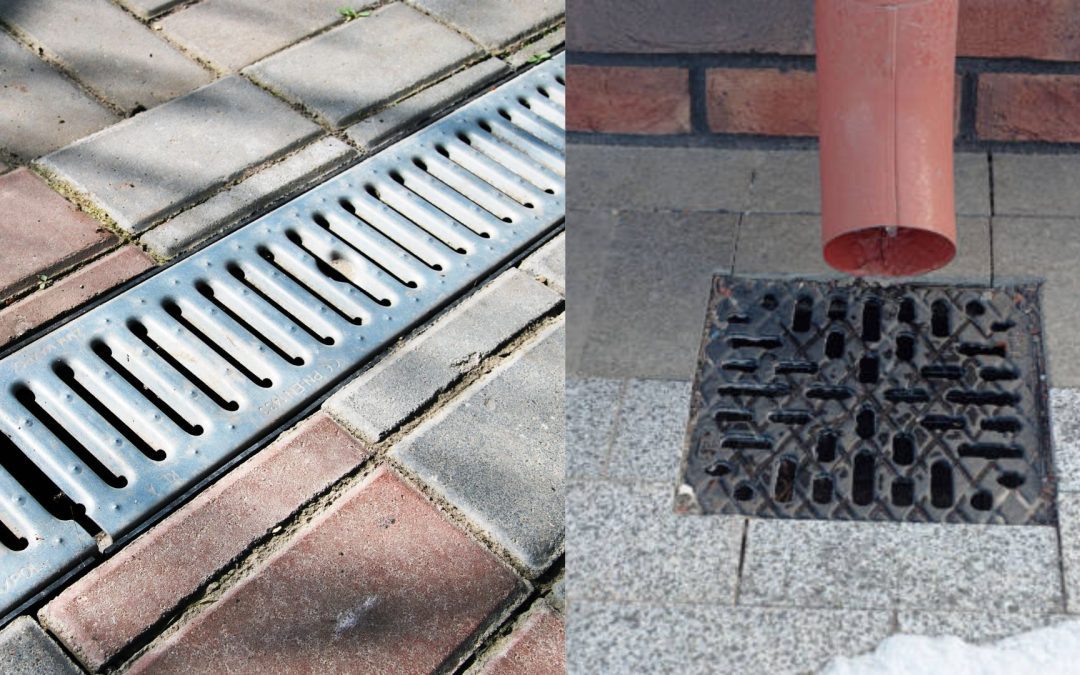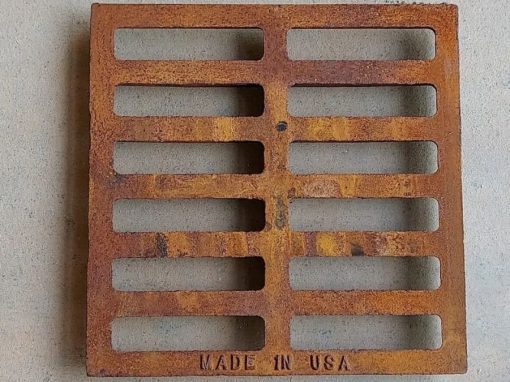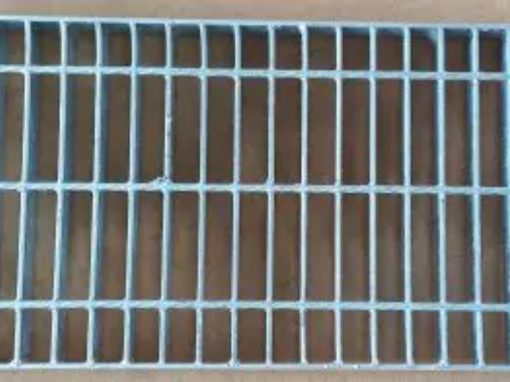The right drainage grates are crucial for ensuring proper safety and water drainage near your home, public walkways, or work site. That being said, how do you choose between plastic drainage grates and galvanized drainage grates? And what’s the difference?
In this article, we’ll discuss the key distinctions between these two types of grates so that you can decide which one may be best for you.
The Differences: Galvanized Grate Vs Plastic Grate
Plastic Drainage Grates
Plastic drainage grates are created from a type of thermoplastic and then molded. And that’s why plastic drainage grates should be placed in locations where significant temperature changes are not expected.
Furthermore, extremely hot liquids may warp the drainage grating.
In terms of load restrictions, plastic grating should only be used with load classes that start with “A”. Plastic drainage rates simply don’t stand up to huge weights due to their low strength.
Advantages Of Plastic Grates
- Options – Plastic drain grates can come in several sizes and shapes due to the custom molding.
- Lightweight – The installation is easy with plastic drainage grates since the transportation and manipulation of the final product doesn’t require much heavy lifting.
- Cost – A plastic trench grate tends to be cheaper compared to other more durable materials.
Disadvantages Of Plastic Drainage Grates
- Weakness – Plastic drains simply don’t have the strength to stand up to heavy vehicle traffic, foot traffic or even certain environmental conditions. This includes very hot and very cold temperatures which can warp the drain.
- Longevity – Plastic is not known for being durable over a long period of time. Therefore, even though it might have a lower initial cost, it could produce more maintenance expenses than it’s worth going forward.
Galvanized Drain Grates
Galvanized steel grates are made from galvanized metal or steel. They’re used in a wide range of contexts such as commercial job sites, restaurants, breweries, parks.
They are employed near homes when strength, durability, and reliability are important for ensuring water properly drains. For this reason, they are often used as a trench grate.
In addition, galvanized drainage grates can stand up to bacteria and rust while lasting longer.
Advantages Of Galvanized Drainage Grates
- Cleaning – Galvanized drainage grates are incredibly hygienic. Metal naturally prevents bacteria and other debris from sticking to the surface. This also means it’s much easier when it comes time to clean the grate.
- Aesthetics – The clean metal look of galvanized grates is more pleasing to the eye. Plastic can look cheap and shoddy, whereas metal is timeless and sophisticated.
- Safety – Having a galvanized grate means you can reduce hazards such as heels getting stuck in the grate or even wheels or people using walking assistance devices. It can stand up to greater amounts of weight as well.
- Long-term durability – The fact that galvanized drainage systems last so long means that you won’t have to worry about replacing it as soon. Furthermore, this saves you money in the long run.
Disadvantages Of Galvanized Grating
- Heat absorption – Galvanized material can absorb heat quickly due to its metallic nature. If this occurs over a long enough period of time, it could increase the surrounding temperature, making it uncomfortable for people in the area.
- Potential for theft – Because galvanized drainage covers are in such high demand, people with bad intentions may look at a galvanized grate as an opportunity to steal it and sell it. While this is not common, it still remains a potential downside of this type of material.
The Final Word
No matter what, Having the proper drain covers is essential for ensuring safety and proper water flow. It can protect your belongings, loved ones, and increase comfort for everyone in the vicinity.
That being said, the difference between galvanized grates and plastic grates are clear. And it comes down to the individual preference and requirements for that water drainage system. Contact your local grating system experts to confirm which material is ultimately best for you.



